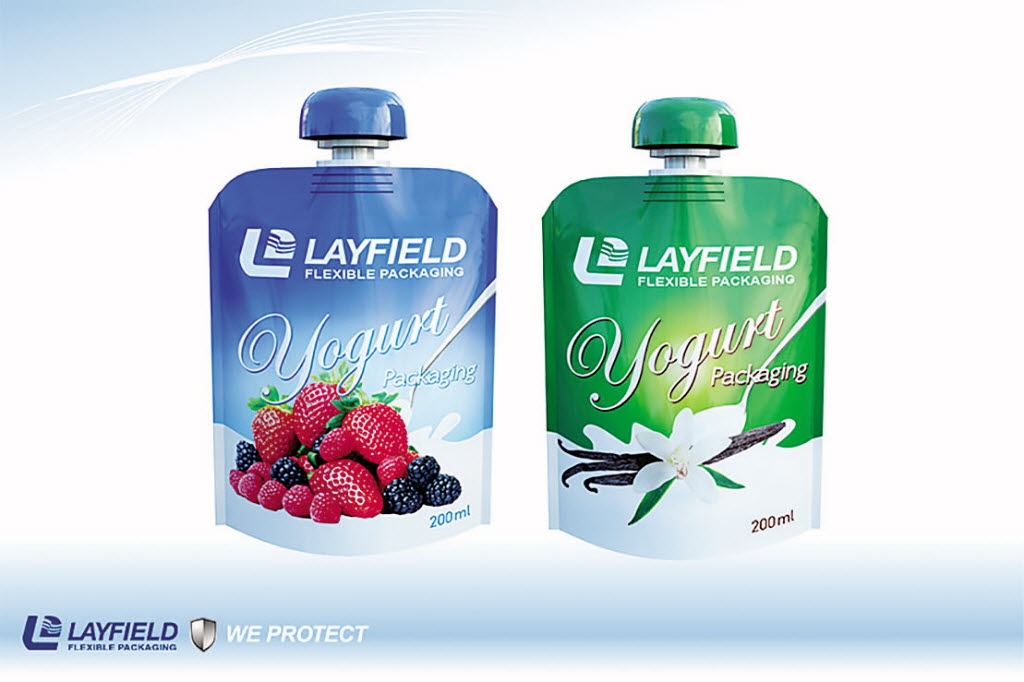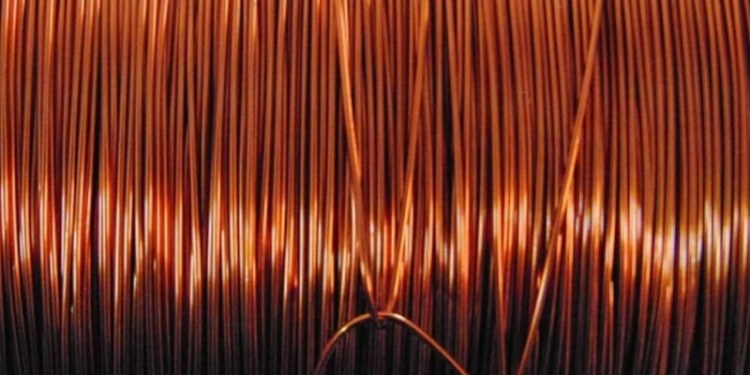April 26, 2016 Updated 4/26/2016
Email Print

Layfield Flexible Packaging Layfield Flexible Packaging, part of Layfield Group Ltd., moved into a new 47,000-square-foot building April 18.
Richmond, British Columbia — A flexible packaging converter is moving into an expanded space with new converting equipment, thanks in part to growth that it is achieving by using partners in Asia for some manufacturing.
The company is the Layfield Flexible Packaging unit of Layfield Group Ltd., a company with three separate but related plastic film divisions: environmental containment, construction products and flexible packaging.
The Flexible Packaging unit moved into a newly constructed 47,000-square-foot building on April 18. The building is adjacent to other Layfield operations, on a sprawling campus in an industrial park in Richmond.
The building houses new converting equipment — but Richard Synnott, the business unit manager, declined to provide details.
“This basically is to increase the capacity of our flexible packaging business unit,” Synnott said in an interview in Richmond. “Our business has been growing at a double-digit annual rate.”
Layfield Flexible Packaging extrudes and converts film, mostly polyethylene. Products include medical overwrap, industrial products, and consumer packaging for items including food, pet food and hygiene products.
The company is planning an invitation-only open house to unveil the project on May 13, Synnott said.
Synnott attributed the company’s growth, in part, to what he called a hybrid manufacturing model. Layfield has tight partnerships with some Asian converters — most in China — that handle some of Layfield’s manufacturing.
“You [the customer] go to Layfield, and we manage everything. That gives us scalability,” he said. The strategy gives Layfield the ability to handle more and larger projects. Layfield has been following this strategy for about five years.
“We’re not brokers. We manage everything here. We manage the process. It’s seamless to our customers,” Synnott said.
Layfield Flexible Packaging’s in-house capabilities include blown film extrusion, flexographic and rotogravure printing, solvent-less lamination, slitting and bag conversion.
Layfield started as Layfield Plastics in the 1950s. When company founder Eric Layfield retired in 1978, he sold the business to the Rose family. Tom Rose remains the company’s president and CEO, and the next generation of the family is heavily involved in the business.
The company declines to provide sales information. In addition to Richmond, it has locations throughout North America, including fabrication operations and offices in Spring Valley, Calif.; Calgary, Alberta; Renton, Wash.; Vaughn, Ontario; Colliers, W. Va.; and Kingwood, Texas.
The company’s construction products and environmental containment units make geomembranes and specialty geosynthetics. While the businesses may appear to have little in common with flexible packaging, Layfield officials say there are advantages to having them all under the same umbrella organization.
“By having the strength of all three, our buying power for resin [and] everything just scales up. That makes us a more potent player for the packaging market,” Synnott said.





























